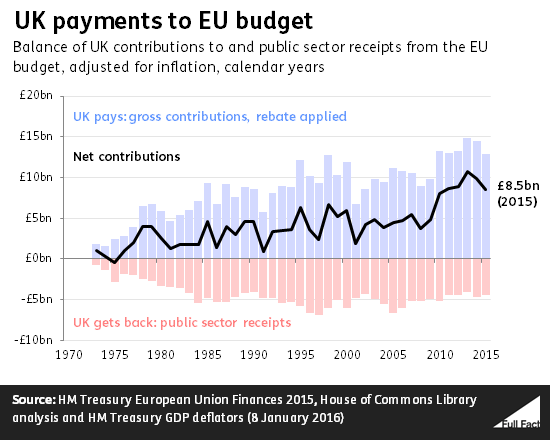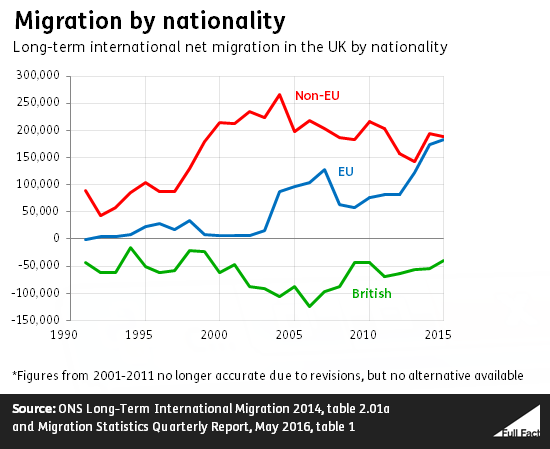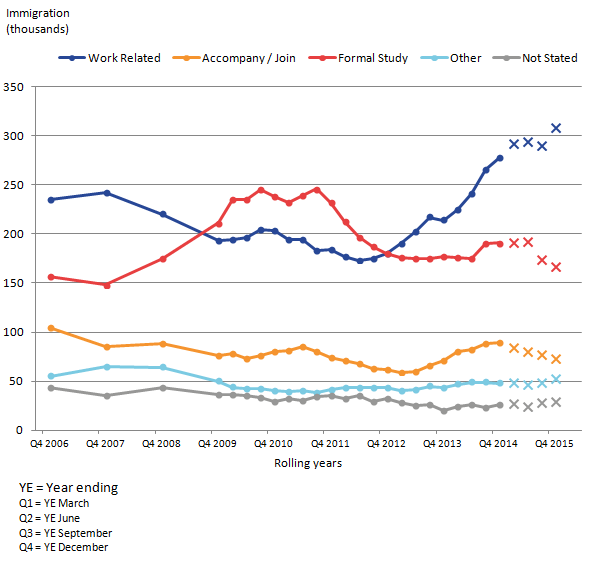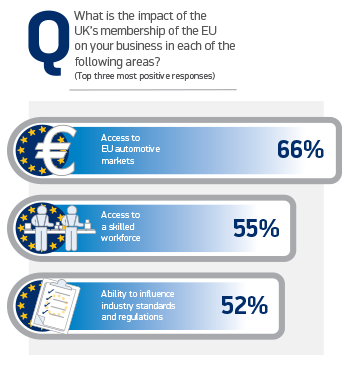This article was initially posted on The Ticker, Baruch College’s (the college I currently attend) independent, student-run newspaper.
After a defeat in a constitutional reform referendum, Italian Prime Minster Matteo Renzi has resigned as he previously promised in case of a “no” vote to the constitutional revision plan. This referendum was meant to strengthen Renzi’s hand by stripping the Senate of its many legislative powers and speeding up the decision-making process.
With 59.1 percent of the votes being “no,” an anti-establishment political force took control once again, following the example of the Brexit referendum and Donald Trump’s election. Renzi, a centrist, was accused of failing to restart the country’s flagging economy, which has barely grown since adopting the euro in 1999.
The referendum raises questions about Italy’s ability to work efficiently. Since 1946, Italy has had 41 different prime ministers and has gone through repeated political turmoils.
In response to the referendum, Brexit campaign leader Nigel Farage, who is also a vocal supporter of Donald Trump, tweeted, “This vote looks to me to be more about the euro than constitutional change.”
Parallel to Brexit and Trump’s victory, the Italian referendum showed voters the rhetoric of populist parties like the Five Star Movement, which campaigned against the constitutional reforms.
Renzi’s collapse comes after the defeat of a far-right candidate in Austria. It is a blow to the wave of anti-establishment anger across the western countries. Norbert Hofer, a far-right candidate from the Freedom Party of Austria, lost by seven points to independent candidate Alexander Van der Bellen. While the far-right may have lost this election, the rise of populism is gaining the support of the Freedom Party for the next national election in Austria, set to be held before spring 2018.
Matteo Salvini, the leader of Italy’s far-right Northern League, tweeted, “Viva Trump, viva Putin, viva la Le Pen e viva la Lega!” which translates to “Long live Trump, long live Putin, long live Le Pen and long live the Northern League!”
In addition to supporting the Trump presidency, the Five Star Movement and the Northern League favor rougher immigration policies. Both parties have promised to hold a referendum on Italy’s membership in the eurozone and renegotiate Italy’s public debt.
Markets have mostly cooled off from the aftershocks of the Brexit and the Italian referendum results, but elections in several key European countries next year’s might not make recovery easy for investors. Renzi’s departure could lead to an early election.
Italy is now another country on the list of European Union members that are likely to hold a general election in 2017, joining France, Germany, Netherlands and the United Kingdom.
Italy’s election would be held in early 2017. The potential victory of the populist party will create uncertainty about the economic prospects of the eurozone’s third biggest member state.
Italy’s banking sector, currently with $4 trillion in assets, is suffering from low profitability, lack of economic growth, ultra-low interest rates and a surplus of bad loans. The FTSE Italia All-Share Banks Sector Index is also down 51 percent over the past year. A change in the government could mean further delays in solutions to the banks’ problems.
Banca Monte dei Paschi di Siena — the world’s oldest and Italy’s third largest bank — recently failed the EU bank stress test.
The bank’s stock is down 83 percent since 2007 as bad loans progressively increase. The bank is now desperately looking to raise capital and sell 28 billion euros in bad loans.
The only solution Italy has at this moment is to “rely on the EU to provide more fiscal rescue packages, to prevent Monte Dei Paschi from becoming insolvent,” said Kenneth Tjonasam, the director of portfolio management at Baruch’s student-run fund, Investment Management Group.
Italy’s debt as a percentage of its gross domestic product stands at 133 percent, second only to Greece’s 183 percent. Unlike Greece, Italy is so-called “too big to fail,” as it is also the world’s third largest government bond market.
The French vote is also crucial. National Front Leader Marine Le Pen called Brexit a “victory for freedom,” and her party is leading strongly in the polls. The two-step election for Europe’s second largest economy is scheduled for April 23 and May 7, 2017.
Even if the Five Star Movement and the Northern League win the election, they still have to hold a referendum on Italy’s membership in the eurozone and actually win it. If they do, “Italexit” and “Frexit” could be enough to destroy the entire currency bloc.
Around the same time, British Prime Minister Theresa May is expected to invoke Article 50, triggering a two-year countdown to Britain’s official exit from the European Union.
Even if the euro-skeptic parties fail to gain power, anti-establishment sentiments in the country will not go away.
“The Italy referendum ‘no’ vote is only a small speed bump to the ideal of a far-right movement that’s taking place across northern EU countries. The time frame to restore the Italians to path of stability, both politically and financially is uncertain,” Tjonasam added.





